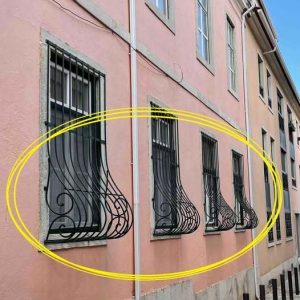The Department of Homeland Security is preparing to deploy ICE tactical units to five Democrat-led cities—New York City, Seattle, Chicago, Philadelphia, and northern Virginia—in response to mounting unrest in Los Angeles. This controversial move follows a surge in political tensions, intensified by California Governor Gavin Newsom’s impassioned, nationally televised speech accusing President Donald Trump of inflaming the crisis. Newsom condemned the federal use of U.S. troops in Los Angeles, claiming it violates laws that restrict federal forces from conducting domestic law enforcement unrelated to federal interests. The ICE deployments, seen as part of Trump’s aggressive immigration agenda, have triggered mass protests, curfews, and mounting civil unrest. Newsom and other critics argue Trump is abusing executive power to target Democratic states, with the governor warning, “California may be first, but it clearly will not end here.”
Amidst the backlash, Trump defended the deployments during remarks at Fort Bragg, referring to anti-ICE protesters as “foreign enemies” and “animals,” and portraying Los Angeles as “a trash heap” controlled by criminals. He framed the federal response as a necessary fight to reclaim national sovereignty and promised sweeping intervention to restore order. Newsom, in contrast, warned that authoritarian rule often begins by targeting vulnerable populations, accusing Trump of systematically dismantling constitutional safeguards and undermining institutional accountability. The escalating confrontation between state and federal authorities highlights deep divisions over immigration policy, civil liberties, and the boundaries of presidential power.




